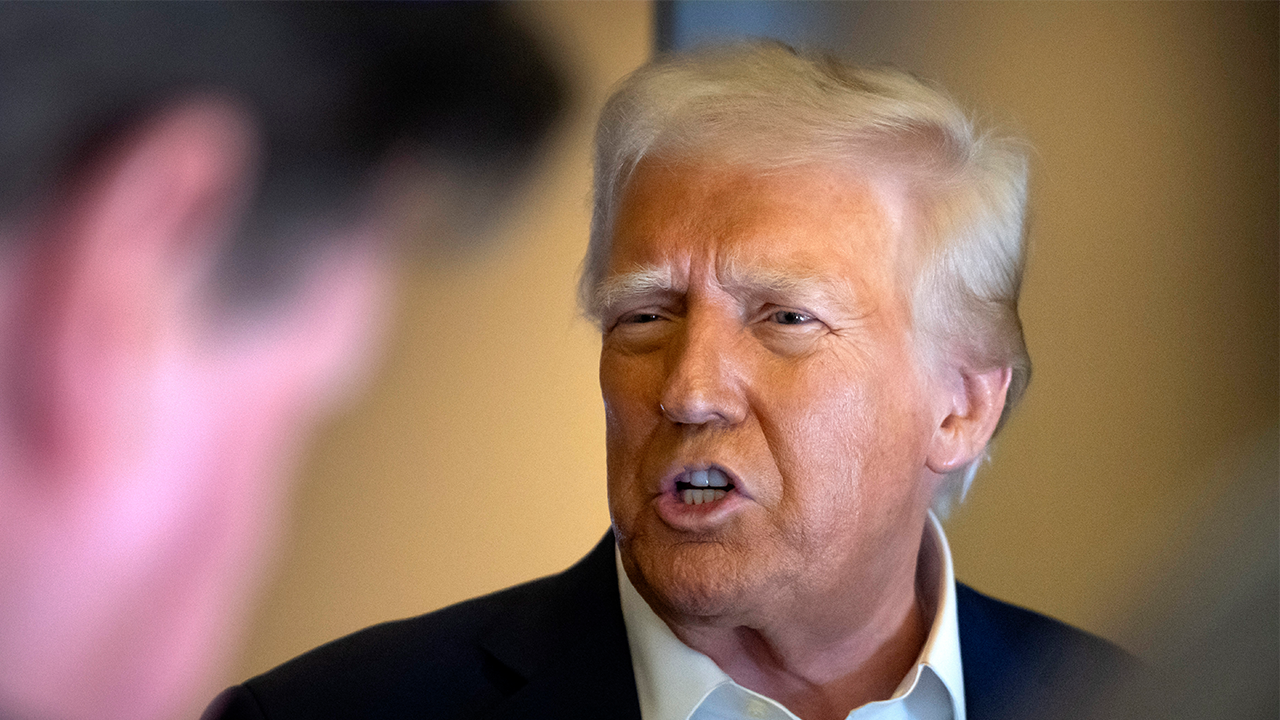World
Trump remains committed to US owning Gaza, says Middle East states could help rebuild war-torn area

Trump’s Vision for Gaza: A New Path or Continuing Controversy?
1. Trump’s Commitment to Controlling Gaza
President Donald Trump recently sparked significant attention with his remarks aboard Air Force One, outlining his vision for Gaza’s future. He emphasized the U.S.’s intent to take ownership of the region, suggesting that while the U.S. would oversee reconstruction efforts, it might delegate the rebuilding of specific areas to other Middle Eastern countries. Trump’s statement followed the devastation wrought by the Israel-Hamas conflict, where he described Gaza as a "demolition site" and emphasized the need to prevent Hamas’s return, hinting at a thorough reconstruction that would transform the area into an economic hub with abundant job opportunities and housing.
2. Saudi Arabia’s Stance and the Palestinian Refugee Question
In response to Trump’s plans, Saudi Arabia voiced strong opposition, reiterating its commitment to Palestinian rights. The kingdom made it clear that any normalization of ties with Israel is contingent upon the establishment of a Palestinian state. This stance underscores the deep-seated issues surrounding Palestinian sovereignty and statehood. Additionally, Trump indicated openness to accepting Palestinian refugees into the U.S., albeit on a case-by-case basis, adding another layer of complexity to the already sensitive situation.
3. International Backlash and Historical Fears
Trump’s proposal has drawn criticism globally, with many viewing it as an overreach of U.S. influence in the Middle East. The destruction caused by the conflict has evoked fears among Palestinians of another "Nakba," a term that recalls the mass displacement during Israel’s creation in 1948. These fears highlight the profound historical and emotional dimensions of the issue, suggesting that Trump’s plan may exacerbate existing tensions rather than resolve them.
4. The Role of Arab Leaders in Trump’s Plan
Israeli President Isaac Herzog highlighted the importance of engaging Arab leaders in discussions about Gaza’s future. Herzog mentioned Trump’s scheduled meetings with key figures such as Jordan’s King Abdullah II and Egypt’s President Abdel Fattah el-Sisi, emphasizing the need to consider their perspectives. This approach acknowledges the regional dynamics and the necessity of collaboration in achieving a sustainable solution.
5. Humanitarian Concerns: Displacement and Reconstruction
The humanitarian implications of Trump’s plan are significant, particularly his suggestion to resettle up to 1.5 million Palestinians, which could lead to a massive displacement. This prospect has alarmed Palestinians, who fear a repeat of past traumas. The emphasis on reconstruction as a means to stabilization raises questions about the feasibility and fairness of such an approach, given the historicalcontext and the current political climate.
6. Middle East Reactions and the Path Forward
The reactions from across the Middle East reveal the intricate challenges ahead. Saudi Arabia’s strong opposition, Jordan’s concerns about radicalism, and the broader regional instability all suggest that Trump’s plan faces significant hurdles. The path forward requires a delicate balance of geopolitical strategy, humanitarian consideration, and historical sensitivity to navigate towards a peaceful and sustainable resolution.
In conclusion, Trump’s vision for Gaza encapsulates a mix of ambitious goals and daunting challenges, reflecting the complex interplay of political, historical, and humanitarian factors in the region. As the situation continues to unfold, the responses from regional leaders and the international community will be crucial in determining the future of Gaza and the broader Middle East.











